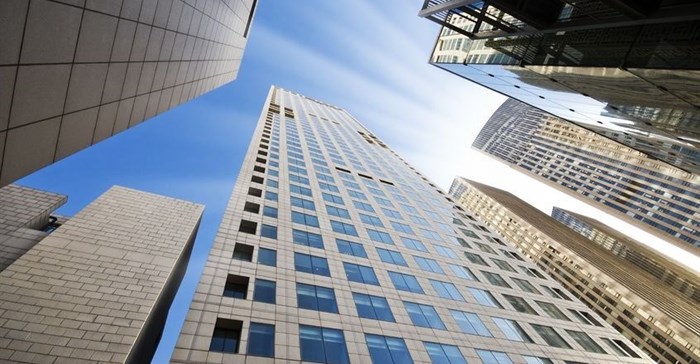The trend in commercial property investment activity in South Africa in the past year has been one of managing risk and avoiding loss in the South African economy, increasing the preference to hold property as opposed to cash reserves.
This is according to a recent research report by JLL South Africa.
“While R18.5bn was invested in various types of commercial real estate in 2015, it is likely that more could have been invested had more properties been available. As in 2014, asset holders have continued to retain valuable accommodation, starving the market of prime quality investments," says Zandile Makhoba, head of research at JLL South Africa.
"However, with the rising inflationary environment eroding the value of cash reserves, businesses showed a willingness to invest in lower quality accommodation, accepting what was available in the market at the benefit of slightly higher yields. Strategically, this is also seen as an investment in potential rather than immediate benefits.”
Key findings include:
- 2015 saw a greater geographical spread in investment than in previous years. With investors preferring to hold on to assets in major cities like Johannesburg, Cape Town and Durban, buyers showed a willingness to take on the higher risk associated with accommodation in smaller cities, at the advantage of higher yields and geographical diversification.
- Provinces with smaller cities saw the highest investment value in five years at R3.1bn, with R1.5bn invested in office accommodation.
- Portfolio transactions contributed substantially to overall real estate investment activity in 2015 dominated by Investec, Delta, Dipula and Equities Property Fund.
- With the shortage in supply, investors showed a willingness to pay a premium for retail accommodation in 2015 as the sub-sector has shown strong performance in the past few years, despite the challenging economic climate.
- In 2016, it is anticipated that even buyers will begin to show a resistance to investing. It is likely that investment transactions will decline as a result of weaker investor confidence. Businesses are expected to delay decision-making in the market due to economic uncertainty, resulting in a decline in the number of commercial property transactions.
- There has also been a rise in investor confidence for greenfield projects, particularly in the larger cities, which is partly attributable to the decline in prime properties available for investment in the secondary market. This may caution investors away from older stock.
- Location is likely to become more important than quality for buyers in the prevailing market conditions.
- With limited availability of existing properties to invest in, the economic slowdown presents the advantage of time for investors interested in brownfield developments in preparation for an upturn in the economy.
“Although overall yields saw an increase in 2015, the change was not as significant as the market may have expected following several interest rate hikes since 2014. High levels of liquidity and the ongoing demand in the real estate market are likely to see these values remain unchanged, especially in higher quality asset classes,” Makhoba concludes.
